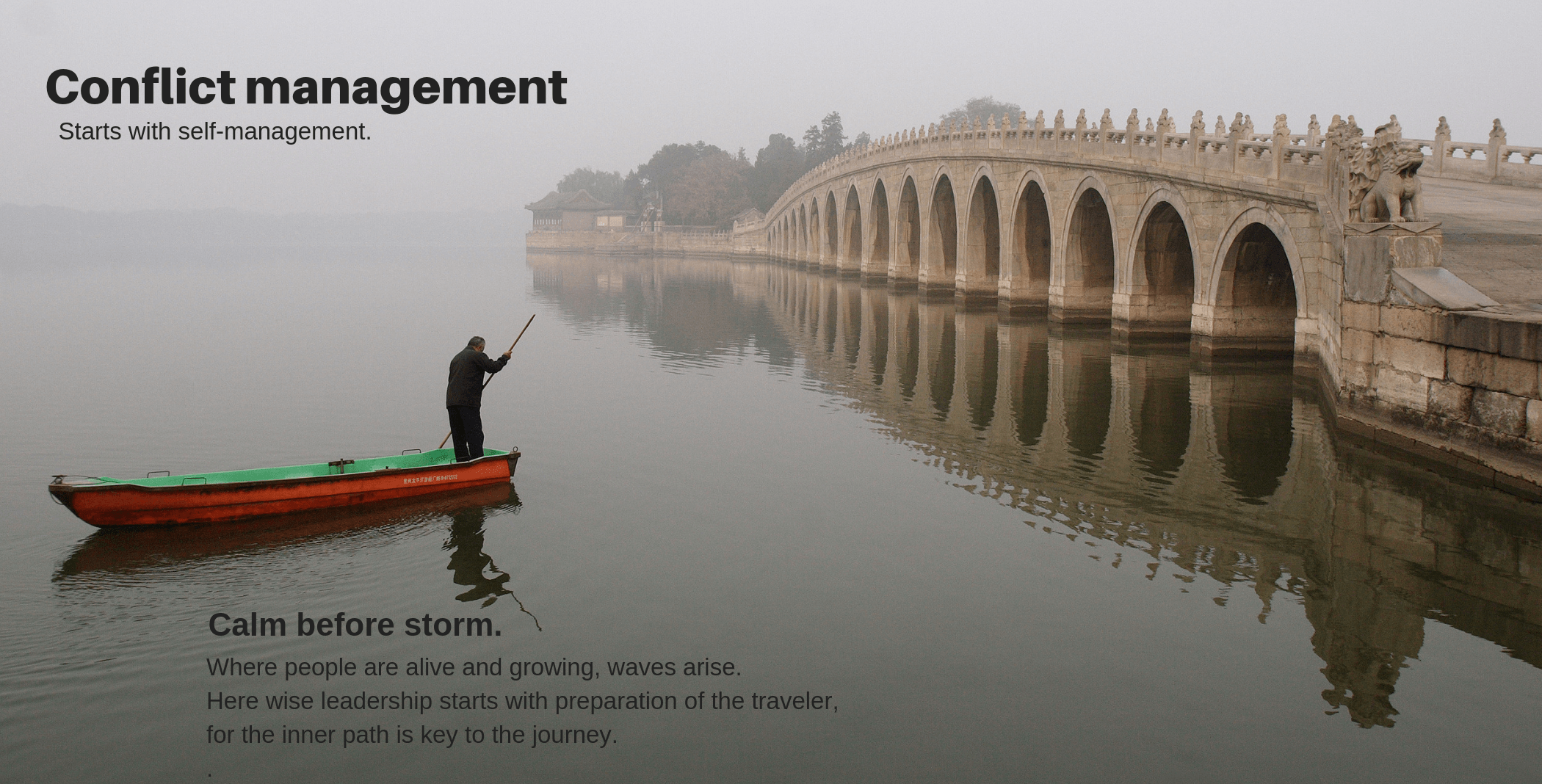About the Combination of Directing and Compromising in Storm Settings
You scored high for both Directing and Compromising in Storm. This combination has a particular character that you should be aware of so you can maximize its strengths and minimize its limitations.
Strengths of this combination: This combination combines confidence and purposiveness (Directing) with pragmatism (Compromising). People who have it tend to function well in settings where assertiveness and drive in the face of challenge are essential, especially where pragmatism and maintaining forward motion are important. It's a great combo for business negotiation, management, or leadership where high energy and innovation are important.
Limitations of this combination:Like all style patterns, this combination has particular limitations that you should be aware of. Directing as a conflict style focuses narrowly on task or goals of the Director. Compromising as a conflict style has a moderate commitment to relationships and a moderate commitment to task. Neither style is strongly oriented towards relationships; the preference is to invest moderately but not deeply in understanding and addressing the agendas of others.
With this combo you are likely to push for your agenda (Directing) while offering a few concessions in hopes of a deal (Compromising). Sometimes those responses are exactly what is needed.
But where long-term relationships really matter and issues arise that people truly care about, this combo may not work so well. People on the opposite side are likely to be hurt and offended, feeling that you are too pushy, trying to appease by tossing a few crumbs, and not really taking them seriously.
How to benefit from the strengths and reduce your exposure to the limitations: If the above has a ring of truth for you, you might benefit from some of these ideas:
1) Study Cooperating and Harmonizing. Both are oriented towards relationships and the benefits of keeping others happy. Cooperating will be particularly insightful since it too is task-oriented, but it actively supports others even while seeking to advance its own cause.
2) Work on becoming a great listener and an asker of thoughtful questions. All the skills of the Cooperating style will be worth the effort to learn, and none is more important than the ability to ask good, thoughtful questions and listen well.
3) Slow down. Coach yourself to be willing to take more time at resolving things than might feel desirable to you. Both Directing and Compromising styles are often favored by people who like to move fast, get ahead, wrap up the deal, etc. Those are great instincts for some situations, but not all. If you see things are getting tense, try slowing down and giving others more time.
4) Consider the requirements of thoroughness, comprehensiveness and good process design. Both Directing and Compromising as styles can be so focused on getting results that important process considerations are ignored. Are you adequately exploring all options - or just grabbing the first solution that seems to be acceptable? Are there people who really ought to be consulted before settling on a deal?



 Need assistance? Email center@riverhouseepress.com with a copy of the login instructions you received and a brief description of what is happening. We'll reply in one business day-usually less.
Need assistance? Email center@riverhouseepress.com with a copy of the login instructions you received and a brief description of what is happening. We'll reply in one business day-usually less. 